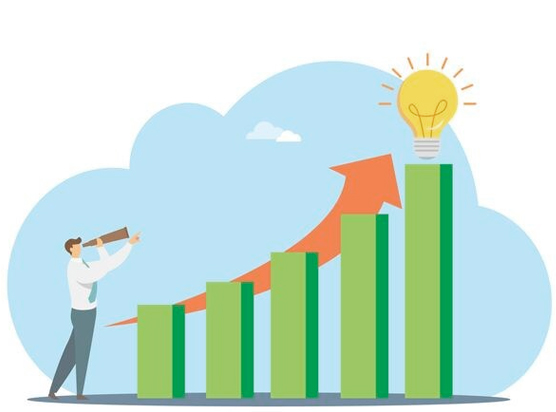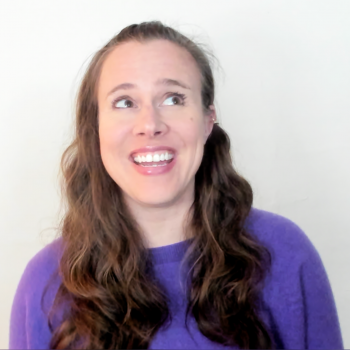Homeowners often seek ways to leverage their home's equity for various financial needs, such as home improvements, debt consolidation, or funding major life events. Home equity lines of credit (HELOCs) and second mortgages are two popular options that offer different advantages depending on your financial goals and circumstances. Understanding the details of each can help you make an informed decision that aligns with your financial strategy.
Instruction
We have a loan option for you and special features to make sure you get a great deal. In fact, our members save $3,500 on average when they choose us for their mortgage!
1 step
Gather your info in most cases, you’ll need:
Property Address and Value, Desired Loan Amount, Your Income & Assets
2 step
Receive Quote & Submit Docs:
Evaluate Mortgage Quote Received, Submit documents supporting information provided.
3 step
Final Approval & Closing Table:
Receive Final Mortgage Approval , and Schedule Closing with Settlement agent. Collect your Keys. Bingo!
| |
Conventional |
FHA |
Non-Traditional Income |
No Income Investment |
Hard Money |
| Low Rates |
 |
 |
 |
 |
|
| 3-5% Downpayment |
 |
 |
|
|
|
| No Tax Returns / W2 Required |
|
|
 |
 |
 |
| No Income Verification |
|
|
|
 |
 |
| 1-3 Days Financing |
|
|
|
|
 |
| Bad Credit |
|
 |
 |
|
 |
| First Time Homebuyer |
 |
 |
 |
|
 |
| Non-Warrantable Condos & Condotels |
|
|
 |
 |
 |
| |
Get A Quote |
Get A Quote |
Get A Quote |
Get A Quote |
Get A Quote |
HELOCs: Flexible Access to Home Equity
A HELOC is a revolving line of credit that allows you to borrow against the equity in your home. It operates similarly to a credit card, offering a flexible borrowing limit that you can draw from as needed. HELOCs typically have a draw period, often 10 years, during which you can access funds up to your credit limit and make interest-only payments. After the draw period, the repayment period begins, usually lasting 15 to 20 years, during which you must repay the borrowed amount along with interest.
HELOCs are ideal for ongoing expenses or projects with variable costs, such as home renovations or educational expenses. They offer adjustable interest rates, which means your payments can fluctuate based on market conditions. This flexibility can be advantageous in a low-interest-rate environment, but it's important to be aware of the potential for rate increases.
Second Mortgages: Lump-Sum Financing Solutions
A second mortgage, also known as a home equity loan, provides a lump-sum amount based on the equity in your home. Unlike a HELOC, a second mortgage has a fixed interest rate and a set repayment term, typically ranging from 5 to 15 years. This offers the advantage of predictable monthly payments, making budgeting easier.
Second mortgages are well-suited for homeowners who need a specific amount of money for a one-time expense, such as consolidating high-interest debt, financing a large purchase, or covering a significant home improvement project. The fixed interest rate provides stability, ensuring that your payments remain constant over the life of the loan.
Comparing HELOCs and Second Mortgages
When deciding between a HELOC and a second mortgage, consider several factors, including interest rates, fees, repayment terms, and your financial objectives. HELOCs offer more flexibility with adjustable rates and the ability to draw funds as needed, while second mortgages provide the security of fixed rates and predictable payments.
It's also important to consider the costs associated with each option, such as origination fees, appraisal fees, and closing costs. These fees can vary by lender and should be factored into your decision-making process.
Choose a mortgage individually
See today's best mortgage rates, and compare the total cost over the initial term of different mortgages. A couple of disclaimers: first, we can't guarantee you'll be eligible for every deal in this table. Second, deals change constantly, so what you see here might not be available by the time you apply
Maximizing Your Home's Equity Responsibly
Using your home's equity through a HELOC or second mortgage can be a powerful financial strategy, but it's important to do so responsibly. Ensure that the funds are used for purposes that add value to your home or improve your financial situation. Be mindful of the risks, as borrowing against your home's equity puts your property at risk of foreclosure if you're unable to repay the loan.
Before making a decision, consider consulting with a financial advisor to assess your financial situation and determine the best course of action for your needs.
Conclusion
HELOCs and second mortgages are valuable tools for homeowners looking to tap into their home's equity for financial flexibility and opportunities. By understanding the differences between these options and carefully considering your financial goals and circumstances, you can make an informed decision that maximizes your home's financial potential while managing the associated risks.
FAQ
What is the main difference between a HELOC and a second mortgage?
The main difference lies in how the funds are accessed and the interest rate structure. A HELOC is a revolving line of credit with a variable interest rate, giving you the flexibility to borrow, repay, and re-borrow funds up to a certain limit during the draw period. A second mortgage provides a one-time lump sum with a fixed interest rate, making it ideal for a specific, large expense with predictable monthly payments.
Can I use a HELOC for purposes other than home improvements?
Yes, you can use a HELOC for a variety of purposes beyond home improvements, including consolidating high-interest debt, covering educational expenses, or even funding major life events like weddings or medical bills. However, the interest on a HELOC is only tax-deductible when the funds are used to buy, build, or substantially improve the taxpayer’s home that secures the loan.
How does a second mortgage affect my existing mortgage?
A second mortgage does not replace your first mortgage but is an additional loan taken against the equity in your home. It has its own term and interest rate, which are independent of your first mortgage. You will need to make two separate mortgage payments each month—one for the original mortgage and another for the second mortgage.
What are the risks associated with HELOCs and second mortgages?
Both HELOCs and second mortgages use your home as collateral, which means failing to make payments can lead to foreclosure. With HELOCs, there is also the risk of payment increases if interest rates rise. For second mortgages, while the fixed payment is generally more stable, obtaining a large sum at once can also lead to financial strain if not managed properly.




